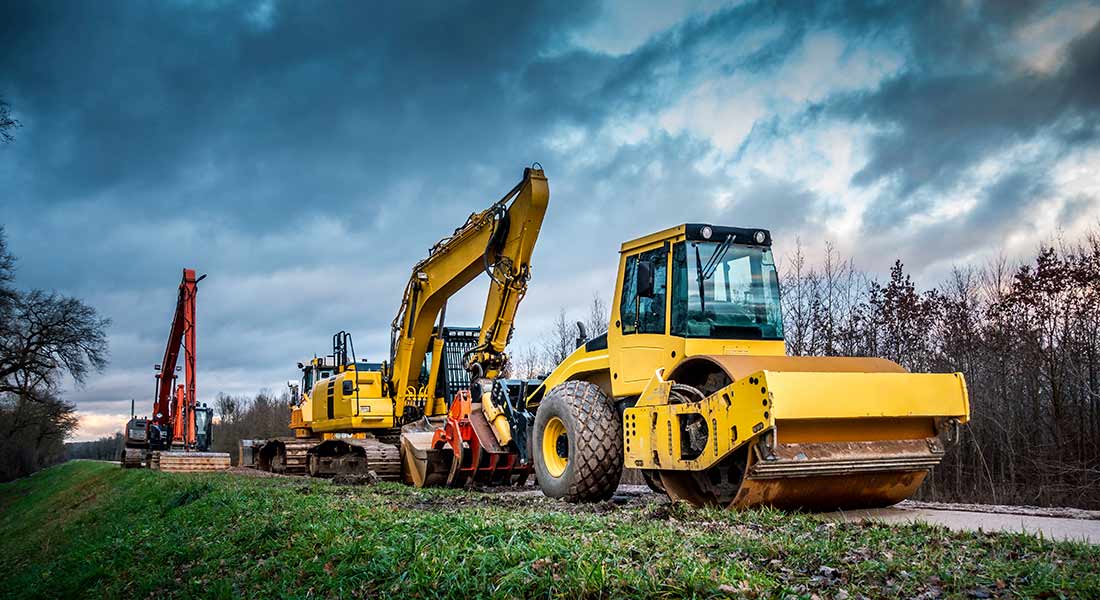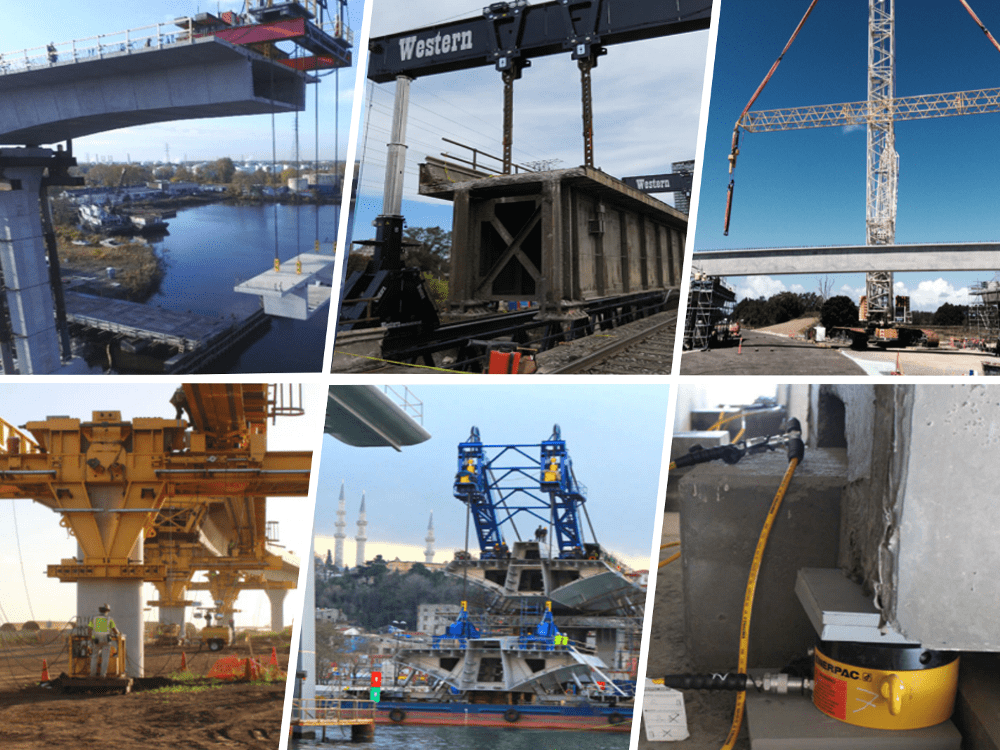Boom Lift Rental in Tuscaloosa, AL: Find Inexpensive Options for Your Projects
Boom Lift Rental in Tuscaloosa, AL: Find Inexpensive Options for Your Projects
Blog Article
Discovering the Financial Advantages of Leasing Building And Construction Equipment Contrasted to Owning It Long-Term
The choice in between owning and renting construction tools is essential for economic administration in the market. Renting deals prompt expense savings and functional flexibility, permitting business to assign sources a lot more efficiently. Understanding these nuances is crucial, particularly when taking into consideration exactly how they line up with certain task requirements and monetary approaches.

Expense Comparison: Renting Vs. Owning
When examining the financial effects of leasing versus having building and construction devices, a complete cost comparison is important for making informed choices. The option in between owning and renting can substantially impact a firm's bottom line, and understanding the linked expenses is essential.
Renting out building and construction tools normally involves reduced in advance prices, enabling businesses to assign capital to various other operational demands. Rental agreements often consist of flexible terms, allowing companies to accessibility advanced machinery without lasting commitments. This adaptability can be especially useful for temporary projects or rising and fall work. Nevertheless, rental costs can collect in time, potentially going beyond the expense of possession if tools is needed for a prolonged duration.
Conversely, having construction devices needs a substantial first investment, in addition to continuous costs such as devaluation, insurance coverage, and financing. While ownership can bring about lasting savings, it likewise binds funding and might not offer the same level of adaptability as leasing. Furthermore, owning tools demands a dedication to its application, which might not always straighten with task needs.
Inevitably, the decision to have or rent should be based on a thorough evaluation of particular project needs, monetary ability, and lasting calculated objectives.

Maintenance Expenditures and Duties
The option in between leasing and having building and construction equipment not just entails financial factors to consider but likewise incorporates recurring upkeep expenses and duties. Owning tools calls for a significant dedication to its maintenance, that includes regular examinations, repairs, and prospective upgrades. These responsibilities can promptly gather, resulting in unexpected prices that can stress a spending plan.
In comparison, when renting out equipment, upkeep is usually the responsibility of the rental business. This plan enables service providers to prevent the financial burden associated with wear and tear, in addition to the logistical challenges of organizing repairs. Rental contracts commonly consist of provisions for maintenance, indicating that professionals can concentrate on completing jobs as opposed to bothering with tools problem.
Moreover, the varied series of tools readily available for rental fee allows companies to select the most recent versions with sophisticated innovation, which can improve efficiency and productivity - scissor lift rental in Tuscaloosa, AL. By choosing leasings, services can stay clear of the long-lasting responsibility of equipment depreciation and the associated maintenance migraines. Ultimately, reviewing maintenance costs and responsibilities is important for making an educated decision about whether to rent out or have building equipment, significantly affecting overall job prices and operational efficiency

Devaluation Effect On Possession
A substantial aspect to think about in the decision to have building and construction devices is the influence of depreciation on general possession expenses. Devaluation represents the decline in worth of the devices in time, influenced by variables such as use, wear and tear, and advancements in modern technology. As equipment ages, its market find more info worth diminishes, which can substantially impact the owner's monetary placement when it comes time to sell or trade the equipment.
For construction firms, this devaluation can translate to substantial losses if the devices is not utilized to its fullest capacity or if it lapses. Proprietors need to account for devaluation in their monetary projections, which can bring about higher overall prices contrasted to leasing. Additionally, the tax obligation implications of devaluation can be complicated; while it may give some tax benefits, these are frequently countered by the truth of lowered resale value.
Inevitably, the problem of depreciation highlights the importance of comprehending the long-term monetary dedication included in possessing building equipment. Business have to very carefully evaluate exactly how often they will certainly use the devices and the possible financial influence of depreciation to make an enlightened decision regarding possession versus leasing.
Economic Flexibility of Renting Out
Renting out construction devices supplies significant monetary adaptability, allowing business to allot resources a lot more efficiently. This versatility is specifically important in a sector characterized by changing project demands and differing work. By opting to rent out, companies can stay clear of the substantial funding expense required for acquiring tools, preserving cash flow for various other functional needs.
In addition, renting equipment enables companies to tailor their equipment choices to particular job demands without the long-lasting commitment related to ownership. This implies that services can quickly scale their equipment inventory up or down based on anticipated excavation equipment for sale and current project needs. Consequently, this flexibility minimizes the danger of over-investment in machinery that may become underutilized or obsolete over time.
An additional economic benefit of leasing is the capacity for tax advantages. Rental settlements are usually taken into consideration business expenses, enabling instant tax deductions, unlike depreciation on owned and operated tools, which is spread over several years. scissor lift rental in Tuscaloosa, AL. This immediate expense acknowledgment can better boost a company's money position
Long-Term Project Factors To Consider
When evaluating the lasting demands of a building service, the decision in between owning and renting tools comes to be more intricate. Trick aspects to think about include job duration, regularity of usage, and the nature of upcoming tasks. For tasks with extensive timelines, acquiring devices may seem advantageous as a result of the capacity for reduced total expenses. However, if the tools will certainly not be utilized consistently throughout projects, having may result in underutilization and unneeded expenditure on insurance coverage, storage space, and maintenance.
The building and construction industry is developing quickly, with new devices offering improved effectiveness and safety and security features. This flexibility is particularly advantageous for companies that manage diverse jobs needing various kinds of tools.
In addition, economic security plays an important duty. Possessing tools commonly entails significant capital expense and devaluation problems, while leasing allows for even more predictable budgeting and cash circulation. Ultimately, the option between leasing and owning must be straightened with the calculated objectives of the building and construction business, considering both current and expected task demands.
Final Thought
In verdict, renting construction devices uses significant financial advantages over long-term ownership. Eventually, the choice to rent out instead than own aligns with the dynamic nature of building jobs, enabling for versatility and accessibility to the most recent equipment without the financial burdens associated with ownership.
As devices ages, its market value reduces, which can dramatically affect the owner's monetary placement when it comes time to market or trade the equipment.
Leasing building devices uses significant financial versatility, permitting companies to assign sources more efficiently.Additionally, leasing tools makes it possible for companies you can look here to customize their tools choices to particular job needs without the long-term commitment associated with ownership.In conclusion, leasing building devices supplies substantial financial benefits over long-lasting possession. Eventually, the decision to rent instead than very own aligns with the dynamic nature of building tasks, enabling for adaptability and accessibility to the most recent devices without the financial worries linked with possession.
Report this page